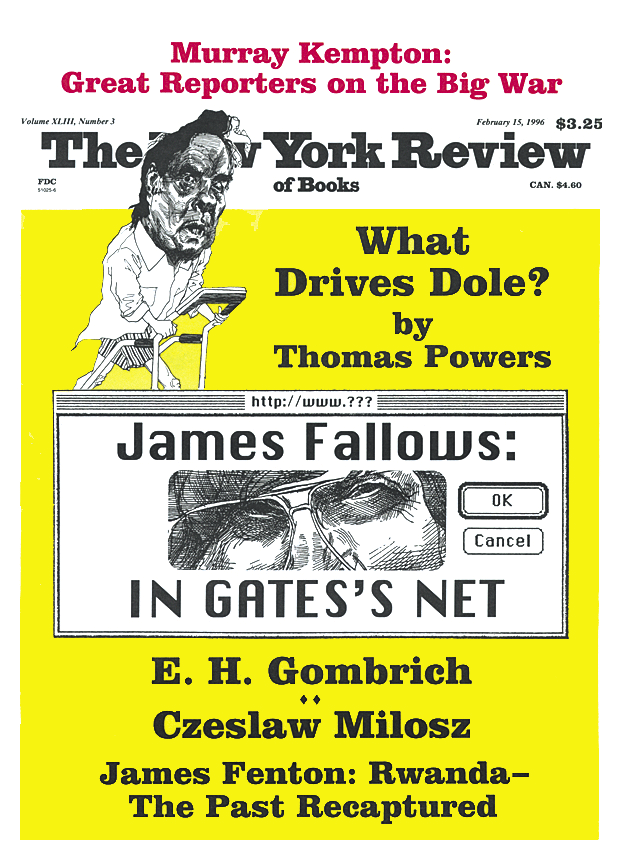François Mitterrand was a provincial conservative and Catholic whose prewar political initiation was in rightist student circles, demonstrating in the Paris streets to mock democracy and attack the Popular Front. He flirted with fascism when that seemed first a choice, then a necessity, for France. His service to the wartime Pétainist government in Vichy evolved into a commitment to the Resistance, but this seems, in retrospect, less a decision of principle than an act of realism.
He served colonial repression as a government minister in the Fourth Republic, and was a lifelong enemy and rival of France’s colonial liberator, Charles de Gaulle. He adopted socialism in the 1960s in order to occupy the political space left open by the success of Gaullism.
He won the presidency in 1981 as an advocate of a lyrical and romantic version of socialism, which promised to change life itself for the French, but conspicuously failed to do so. He then became a social democrat, in fact if not in name. It was another act of realism—the act of a man who understood power and spent his life searching for it, and cultivating it when he had it.
He succeeded because of his patience, political subtlety, and talent for maneuver, but also because of his capacity to invent and reinvent himself. He was one of those remarkable men who are fundamentally artists, but with themselves and their careers the subject of their art.
He was like a painter in constructing his career, rubbing out the mistakes as he went, shifting the perspective as his vision shifted, always with the final creation in his mind: the completed image that would remain, and prevail, when he was finished. He was himself responsible for the mise en scène of his simultaneous burial in the provinces and memorial in Paris, with its revelation of the mother of his daughter, standing beside his wife at his grave. He had delivered the manuscript of his last book shortly before his death, and deliberately chose the moment to depart, terminating his medication.
Régis Debray says: “Where De Gaulle spoke of France, Mitterrand spoke of himself.” His final year in power, when his cancer was known, was passed in the narcissistic correction of his own history in the guise of revealing it. He gave interviews, offered public revelations and private—but publishable—confidences. He inspired his friends and even his enemies to undertake their own reconsiderations of his life and career, and the results seemed to satisfy him. Mr. Debray, who had been an ally and colleague of Mitterrand’s, notes that, in 1969, “De Gaulle ended thirty years of history with a press communiqué of two phrases, and left office without speaking to a journalist, without a moment before the television cameras….”
Francois Mitterrand unified the French left for the first time since the Popular Front, took it to power, and established it as a legitimate party of power. He also corrupted it by introducing into his coalition disreputable financiers and political adventures. He destroyed the Communist Party, already in decline, by depriving it of the opposition role that was its surviving strength. He also promoted the extreme right in France for the wholly cynical purpose of dividing the opposition vote.
He was faithful to the European policy created by his predecessors, and for practical reasons brought France closer to the United States and NATO. He also miscalculated the consequences of the changes taking place in Indochina, Algeria, and in Russia, as well as the significance of the reunification of Germany and the war in Yugoslavia. Like Franklin Roosevelt, he lacked geopolitical realism and insight. He was, as the French say, hexagonal. He could not see beyond France.
He was a politician, not a statesman. Seductive as his personality was, and imposing as were his intelligence and many of his accomplishments, the politician’s epitaph is the necessary one, even though it is not the one he sought. His lies about his cancer have recalled the manipulations and lies in his career, and his pleasure in setting others, even his doctors, against one another.
He told an interviewer in 1985, “I cannot say that my life is a success because I am President of France. Let us say that in terms of a political career, that is not bad at all. But it is not the end of ends, and it is not an end in itself.” Yet in the end, that was the end, for him.
This Issue
February 15, 1996


